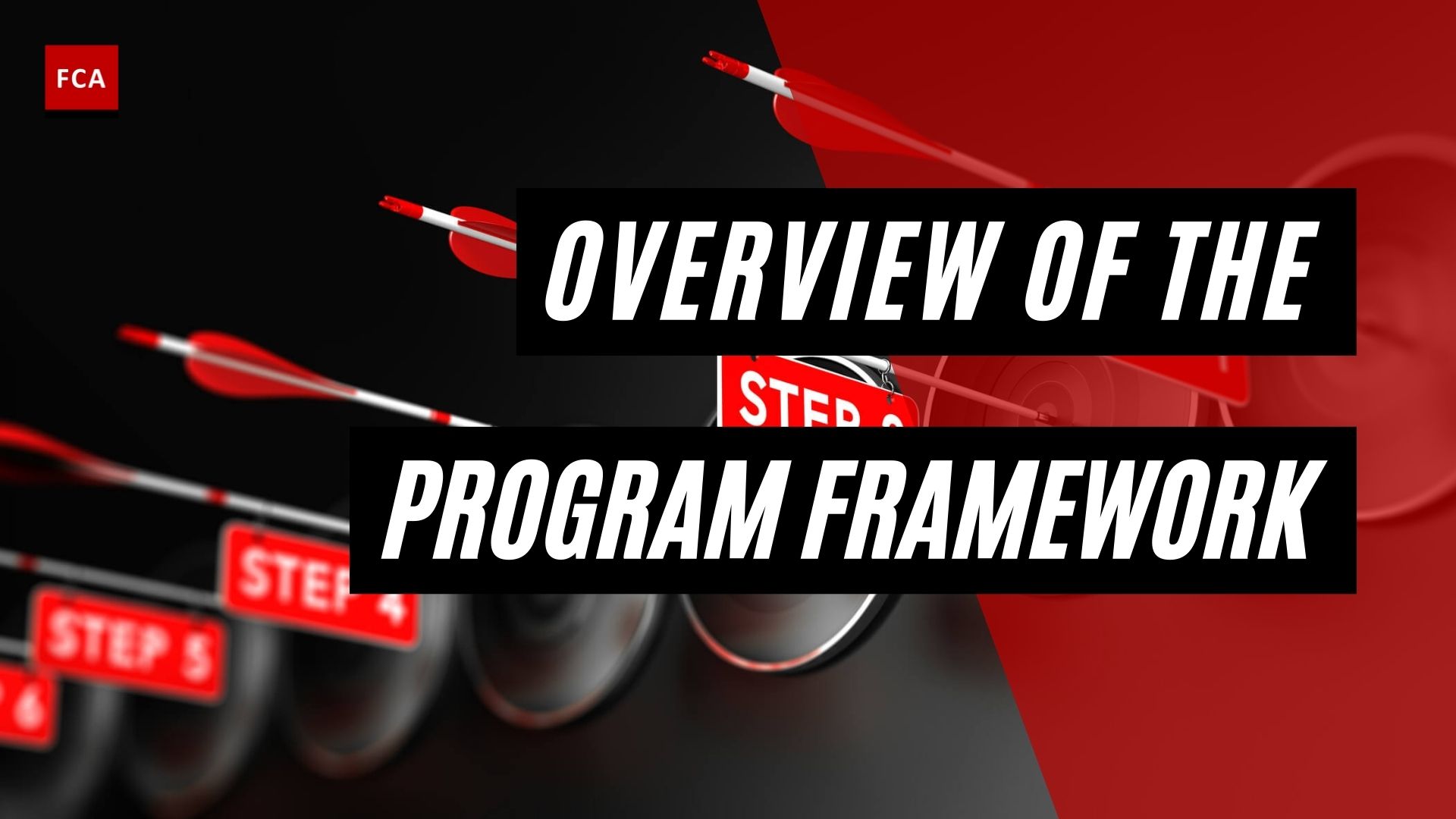Fraud prevention controls is an important element in the overall fraud risk management framework. Organizations are required to continuously assess the fraud risks and implement appropriate controls to prevent the occurrence of such fraud risks.

Fraud Prevention Controls
In an organization, fraud is committed by those employees who are either in authoritative positions or the ones who get the chance to override the internal controls. Committing fraud may be intentional or unintentional. Usually, fraud cases are intentional because committing fraud requires some kind of planning and understanding of the processes of the organization. Unintentional fraud may also be committed where by mistake, employees violate the internal control system causing financial or reputational losses to the organization.
Under these circumstances, the development of controls from a fraud control perspective is a necessary part of devising a strategy for a robust internal controls system. Fraud prevention may be ensured through targeting various key areas and aspects of the organization including governance, policies, procedures, and employee morale.
Key Elements Of Fraud Prevention Controls
There are four key elements to effective fraud prevention controls in an organization:
- Oversight by the board and audit committee
- Policies and training
- Employment screening
- Internal fraud controls
1. Oversight by the board and audit committee
The board and its sub-committees are responsible for overseeing the internal controls system established by management and the process by which management satisfies itself that those controls are operating effectively.
The board is also responsible for assessing the risk of financial fraud by management and ensuring controls are in place to prevent, deter and detect fraud by management.
The board of directors and audit committee significantly influence the internal control environment. They should be free from management’s influence. Board oversight should extend to anti-fraud programs and controls, including the identification of fraud risks and implementation of anti-fraud measures, Board committees must provide oversight to the potential for override of controls or other inappropriate influence over the financial reporting process and review of accounting principles, policies, and assumptions used.
2. Policies and Training
Developing and implementing a fraud control policy for most organizations is a critical step toward effective fraud prevention. Employees are only expected to comply with fraud policy if it is written which details procedures to be followed. The lack of clear guidelines is often the first excuse offenders will use when questioned concerning fraudulent acts.
A comprehensive fraud control policy should be disseminated to all the employees, who should be asked to acknowledge.
Employees should be provided with training right after hiring and periodically thereafter. Such initial and ongoing training must address policy components such as acceptance of gifts and entertaining, conflicts of interest, suspicion reporting/protected disclosures, fraud investigation standards, etc. Organizations should also devise and provide more general training in fraud and ethics awareness areas.
3. Employment Screening
Staff or Employee screening acts as the first line of defense against fraud. The pre-employment screening is an important part of the organization’s overall fraud risk management activities, performed by the human resource function. It requires investigative skills and access to many public information databases.
Reference checks are performed for the candidates where previous employers are approached to identify the candidate. All educational certificates are inspected and independently verified.
Background searches are performed using public databases and information sources. These might include directorship searches to ensure there are no potential conflicts of interest, bankruptcy searches, and media searches. Criminal record searches might also be considered.
Internal Fraud Control
There are many different ways that organizations can protect themselves against fraud in the common risk areas. Some of the more effective controls in common areas of business are as follows:
- Purchasing and Payroll
The organizations can protect themselves against fraud in purchasing and payroll by keeping copies of invitations to tender on file, to ensure that specifications are identical. Organizations may require contracts to carry a right to audit and ensure suppliers and staff are fully aware of the organization’s policies on code of conduct, gifts and entertaining, and conflicts of interest.
- Sales and inventory
Organizations should establish measures to prevent fraud in their sales, inventory, and debtor areas. It can be ensured through the implementation of appropriate segregation of duties between sales, assignment of credit notes, accounting, inventory, and bank reconciliation processes.
- Cash and cheques
Organizations must take measures to avoid theft of cash and cheques through preparing regular bank reconciliations, review of all cheques, and following up on complaints from suppliers or customers regarding outstanding amounts.
Final Thoughts
External audits of financial statements were the most common anti-fraud control in the small and large businesses studied, according to the Association of Certified Fraud Examiners, Inc. ACFE Report’s to the Nations 2020 Global Study on Occupational Fraud and Abuse. However, the auditor’s responsibility in the case of fraud is limited to providing reasonable assurance that the financial statements do not contain material misstatements due to fraud or asset misappropriation.








